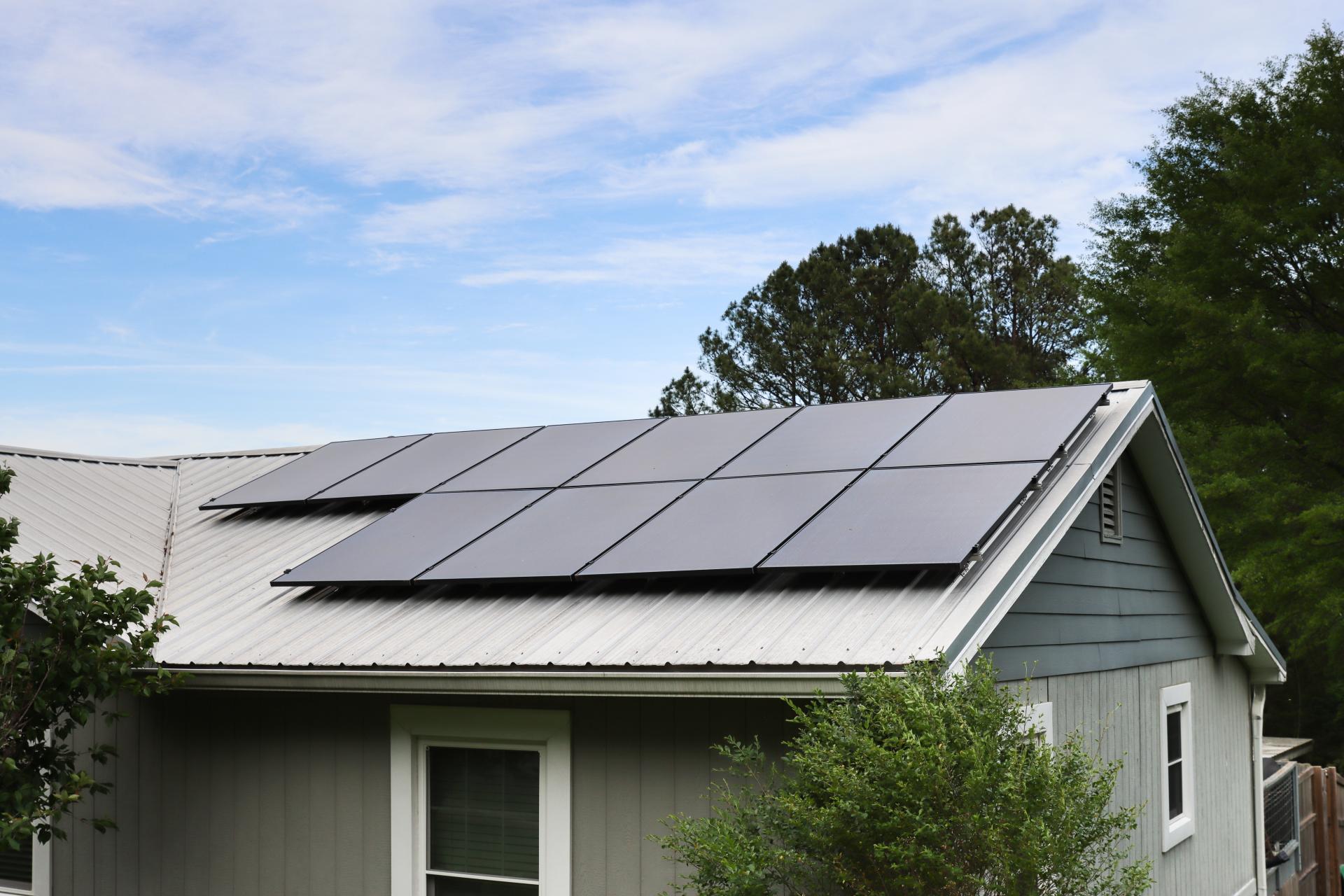I purchased my panels in 2019, but will not install them until this year (2020). My understanding is that since the cost of the panels will exceed 5% of the final cost of the system, that I am grandfathered in for the 30% tax credit (which reduced to 26% in 2020). But I'm confused about how to fill in Form 5695.
1. Am I able to take ANY tax credit for 2019, since the system didn't become operable that year, or do I have to wait to take the credit on my 2020 tax return ?
2. When I take the credit in 2020 (hopefully for just the amount I spent in 2020, not the entire amount), how will I claim the grandfathered 30% instead of the 26% ?
1. Am I able to take ANY tax credit for 2019, since the system didn't become operable that year, or do I have to wait to take the credit on my 2020 tax return ?
2. When I take the credit in 2020 (hopefully for just the amount I spent in 2020, not the entire amount), how will I claim the grandfathered 30% instead of the 26% ?

Comment